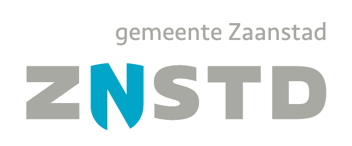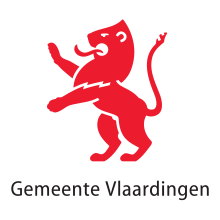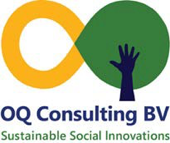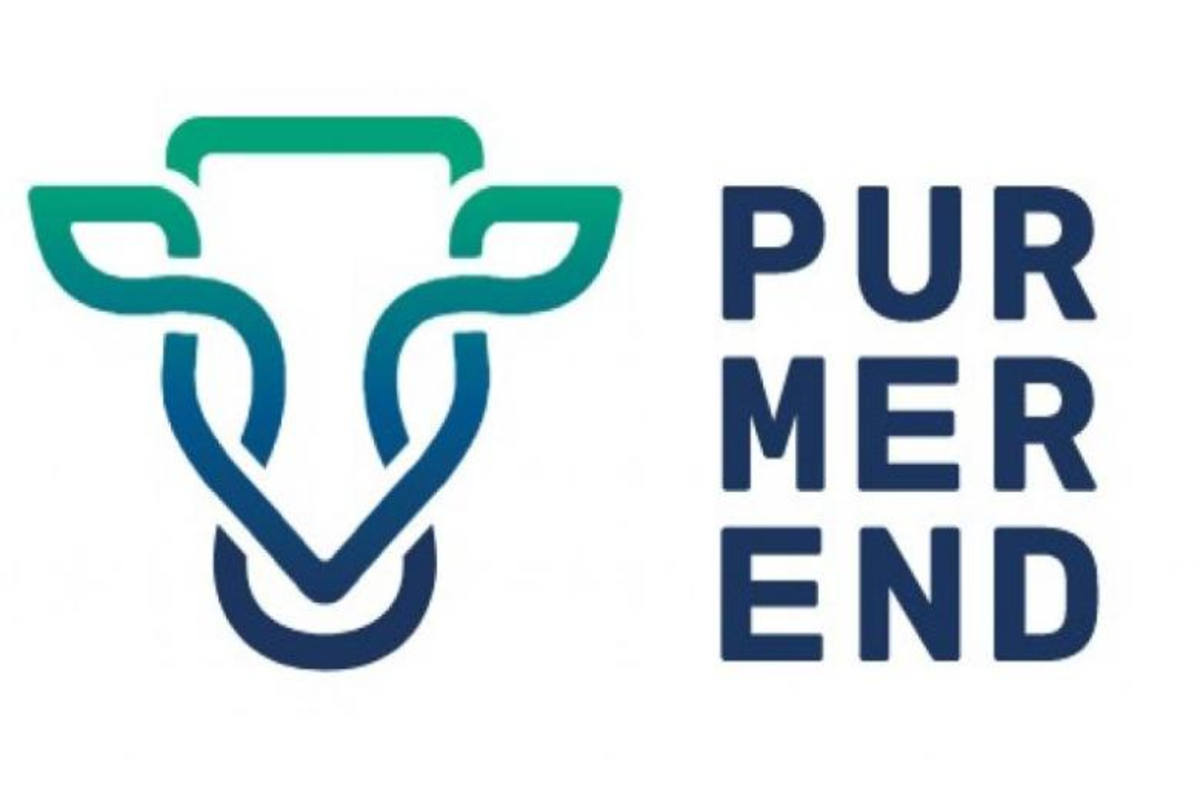In a podcast I did this week for people who work in the internal communications area of large companies, the conversation turned to networkers and networks in the work context.
Something you may not know about networks
Most companies don’t understand networks. There is a reason for that. The value of networks cannot be measured, and if a company is interested in KPI’s then networks fall outside their area of interest. Which is, frankly, absurd. In all their #diversity, in all their unpredictability, #networks brilliantly support #employees. When employees are curious about each other and generous in sharing, they benefit and so does their work.
Diverse? Unpredictable?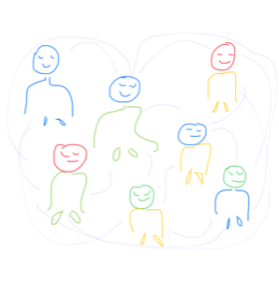
You and I have a whole range of people in your networks. None of us know who has the answers to the many questions we have. Often we just ‘happen’ upon the answers we need. A few days ago, I was chatting with my neighbour about her lovely flower garden. She explained why she had garlic growing there: it stops the cats from defecating in her flowerbeds. As it happens, I led a workshop for newly arrived future Dutch citizens the next day, on how your networks can help you find answers to what is important to you. I asked the people to think of an example. One man wanted to know how, in the Netherlands, you can stop a neighbourhood cat from defecating in your garden. Several of the other participants in the group had an answer. I shared the wisdom of my neighbour. In that moment, the man accessed the wisdom of his network. He had no idea who would or could provide an answer. Diverse. Unpredictable.
The value of networks
Networks are not ‘things’ to be ‘used’. They are not a space for being transactional. My neighbor shared her knowledge about cats and garlic without expecting anything in return. I shared her knowledge without expecting anything in return. The man in my classroom will share this knowledge with people he meets, without expecting anything in return. Why? Because we are human beings. Human beings are able to live independently because we are connected to other people. As the great poet Maya Angelou says, “Nobody, but nobody, can make it out here alone.”
Your networks and your work
In my research on the value of networks to companies, three things became clear. First, networks help us feel like we are part of something bigger. We are not alone. Secondly, our networks help us gain access to people otherwise outside our reach. And thirdly, our networks help us innovate. When three or four people put their heads together something new can arise. These people can be in a formal network, a team, or in an informal network. In my workshops for people who are new arrivals in the Netherlands I collect the questions people ask and I collect the answers others give. This has given me a whole body of knowledge that was not available before I started collecting the questions and answers. Every time I share the questions and answers I get new input. Knowledge grows.
What can you do to make your networks useful at work?
Nothing. Please don’t try. The power of your networks now is that they are not transactional. Keep them that way. I don’t mean that you should keep your networks out of your work. No, the opposite is true. People at work are part of your network. Being part of a network is part of what it is to be human. Be curious about what they are up to. Let them know what you are up to – and what you are dealing with. When someone wants advice or an opinion, give generously. And most importantly, listen to them. Remember what they say. Build bridges between them and others who may be working on similar issues at work or dealing with similar circumstances.
Build you knowledge of networks. Read my book So You Think You Can’t Network – available in Dutch, English and Spanish.











